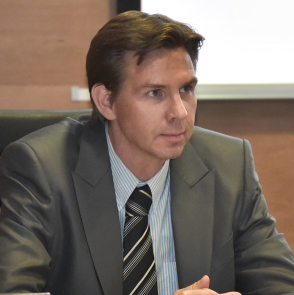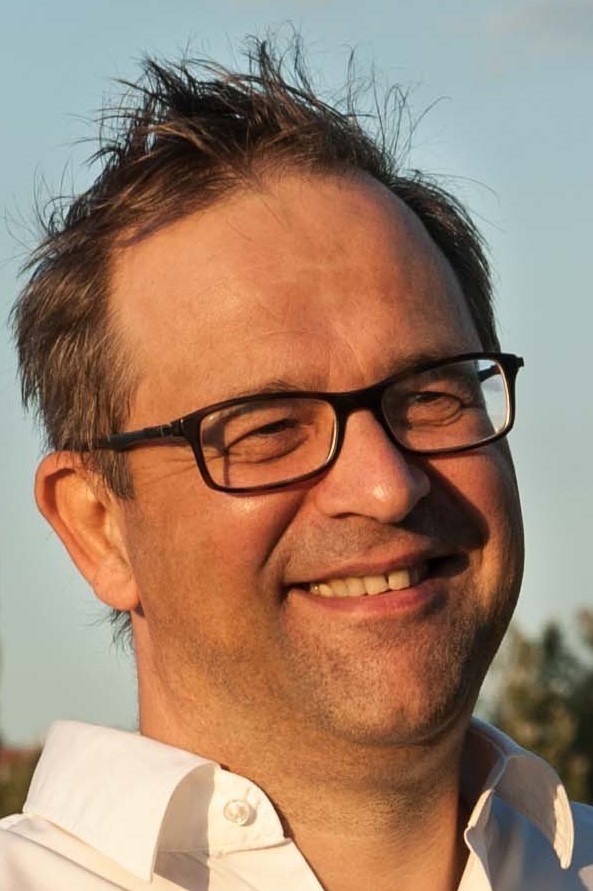STI for 2050

The project explores potential futures of STI directions in relation to ecosystem performance as interpreted by three perspectives of human-nature relations: protecting and restoring ecosystems, co-shaping socio-ecological systems, and caring within hybrid collectives.
Please find the final report here.
About the project
MISSION. The overarching ambition of this project is to identify and map future scientific and technological developments, which can radically improve ecosystem performance. Policy responses that could enable EU policies for STI to accelerate sustainability transitions worldwide are also explored. The main outcome is to provide reflections on the 2nd strategic plan of Horizon Europe (HE), in its broad direction to support the Sustainable Development Goals.
VISION. S&T&I FOR 2050 is driven by the deliberation for STI efforts to place ecosystem performance on par with human performance. This broadens the focus of STI to encompass multiple conceptualisations of human-nature relations and to contribute to sustainability transitions.
STRATEGY. To identify directions of STI for ecosystem performance, the foresight project maps STI trends, conducts a Delphi study, and exemplifies six case studies along the lines of three perspectives on ecosystem performance: protecting and restoring ecosystems, co-shaping socio-ecological systems, and caring within hybrid collectives.
THE TEAM:
- Austrian Institute of Technology (lead)
- Insight Foresight Institute (IFI)
- Institutul de Prospectiva
- Fraunhofer ISI
- ISINNOVA
- Visionary Analytics
The project “S&T&I FOR 2050. Science, Technology and Innovation for Ecosystem Performance – Accelerating Sustainability Transitions” is conducted on behalf of the European Commission.
28267
0
0
OUTPUTS
0
0
0
Susanna Bottaro
0
0
0
Klaus Kubeczko
27521
0
26833
1
30494
0












